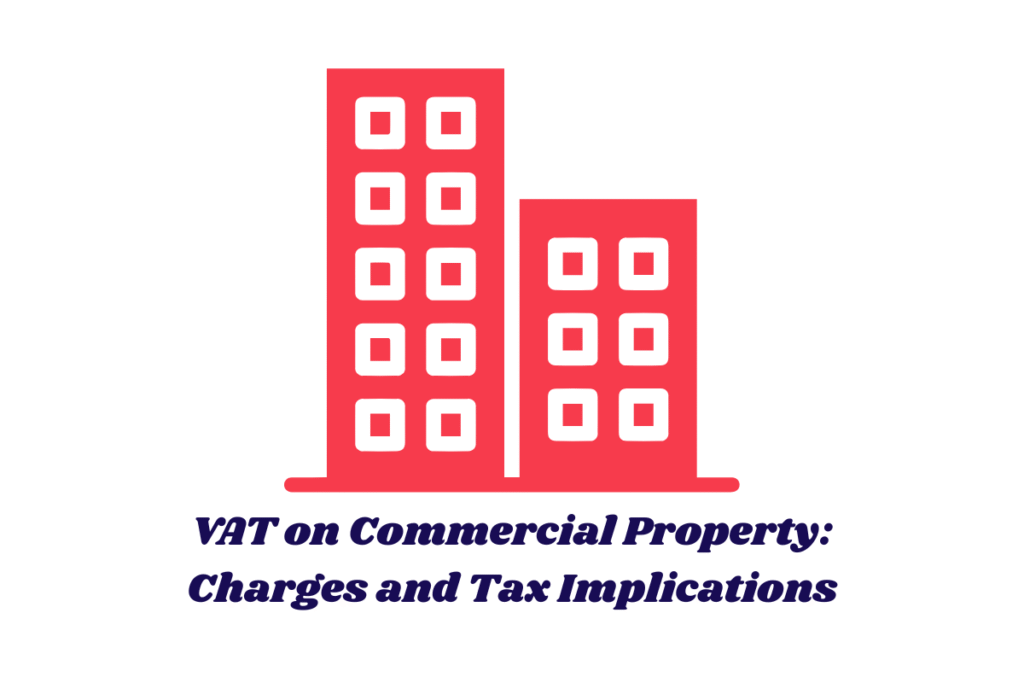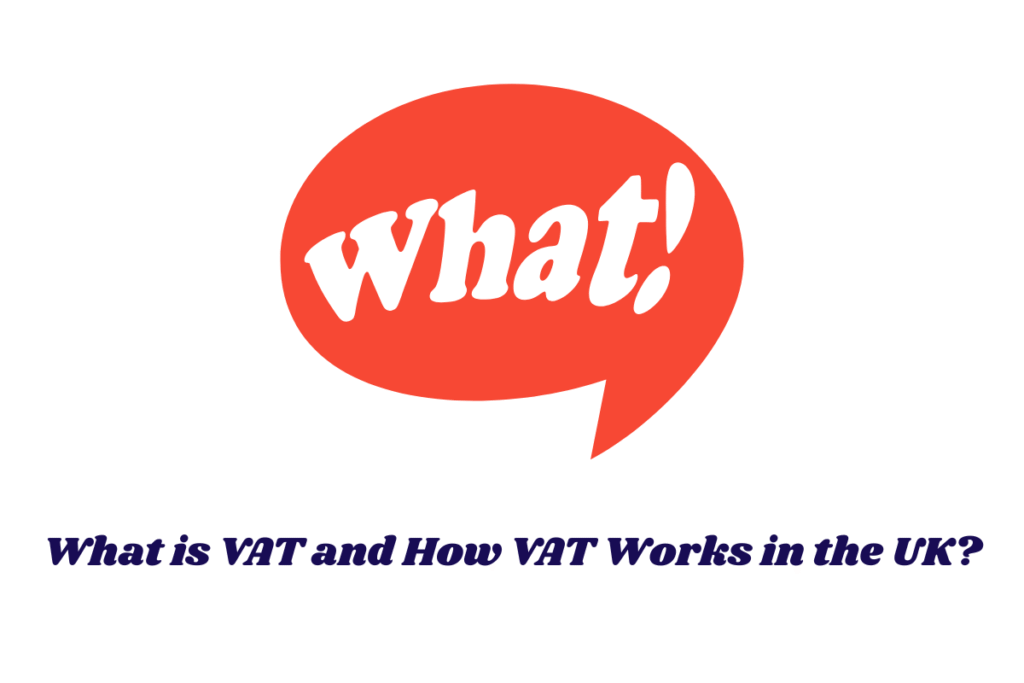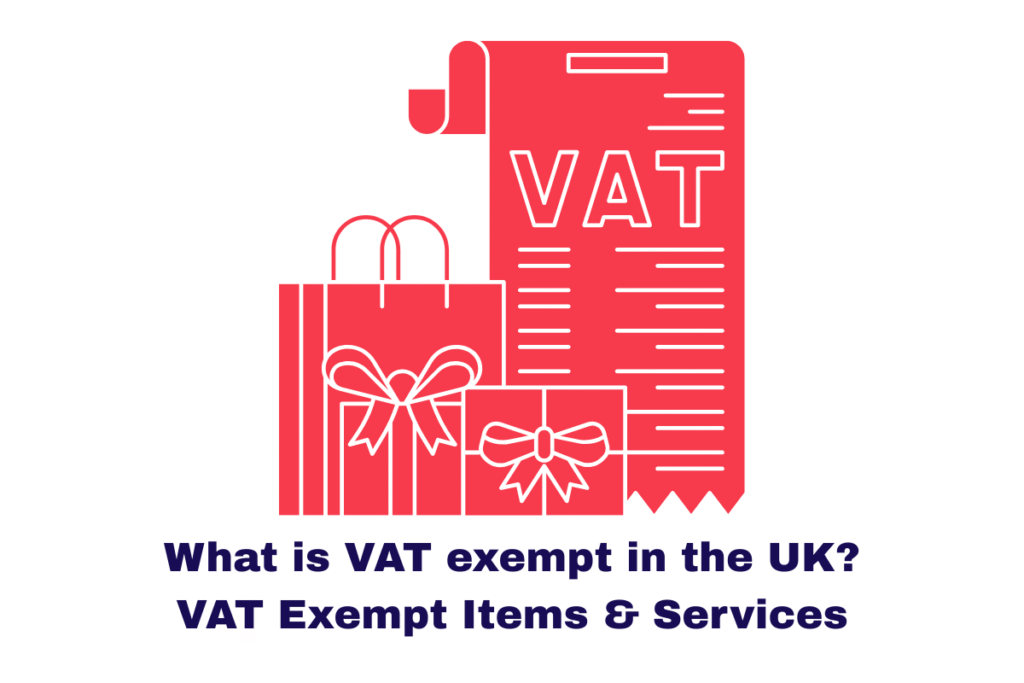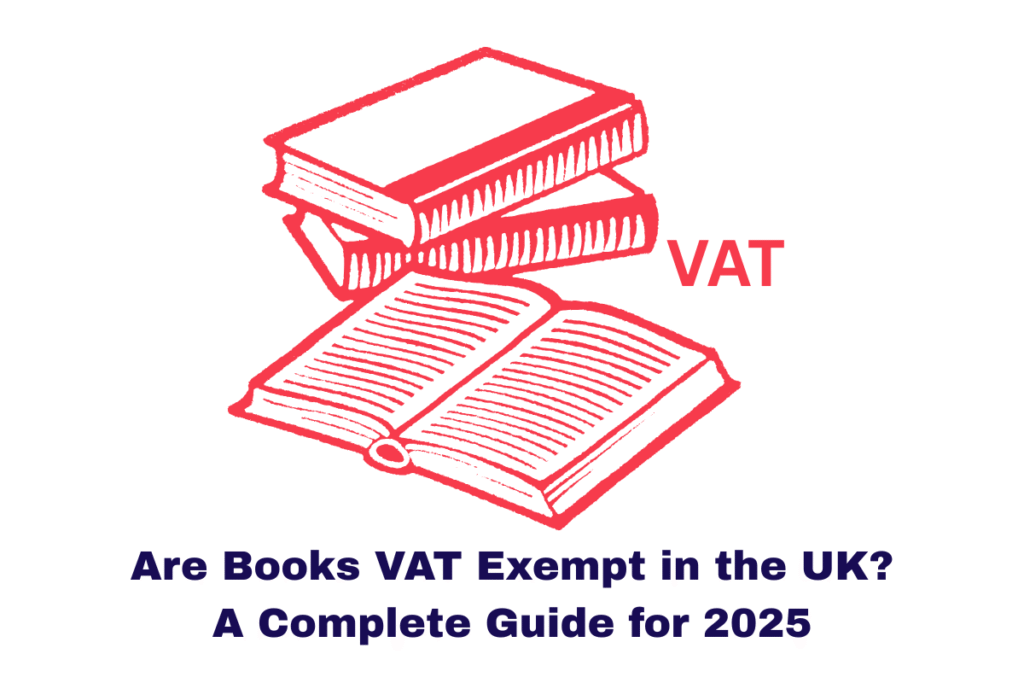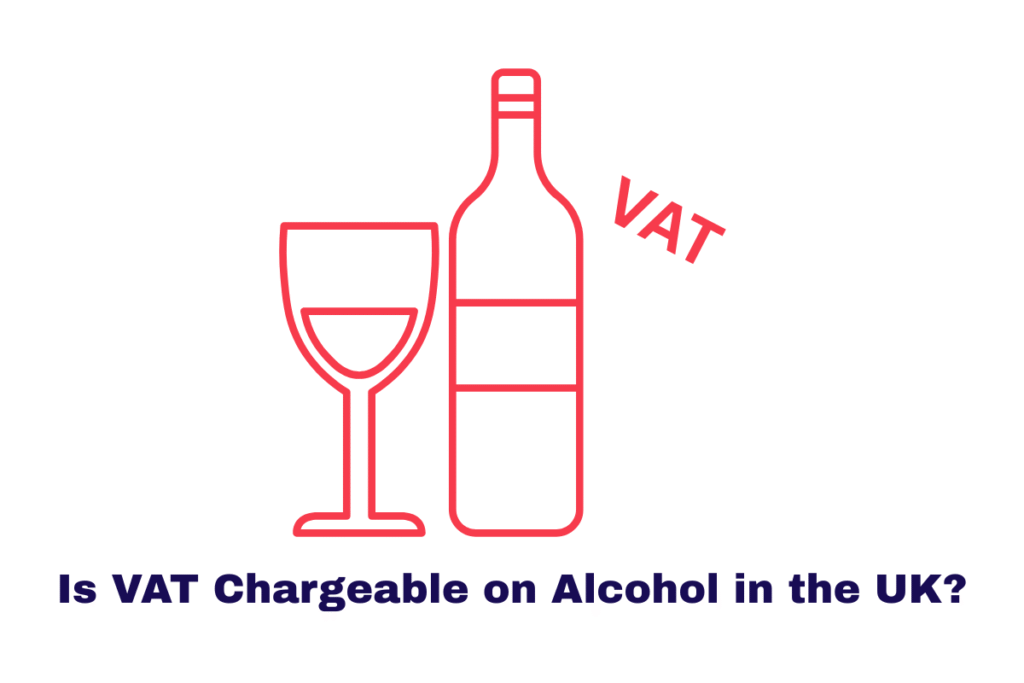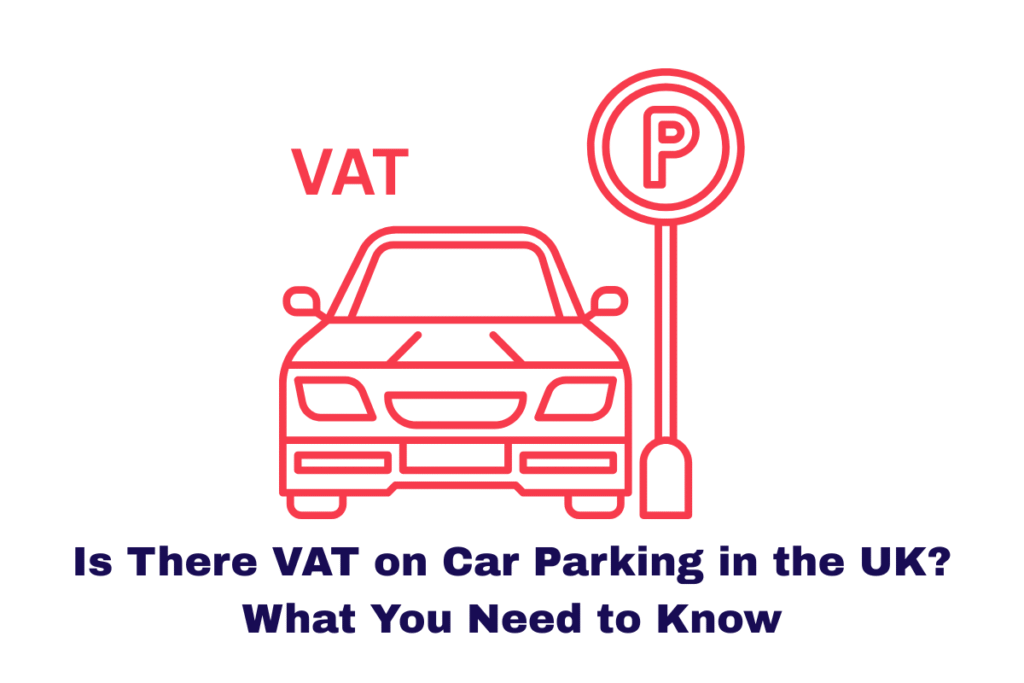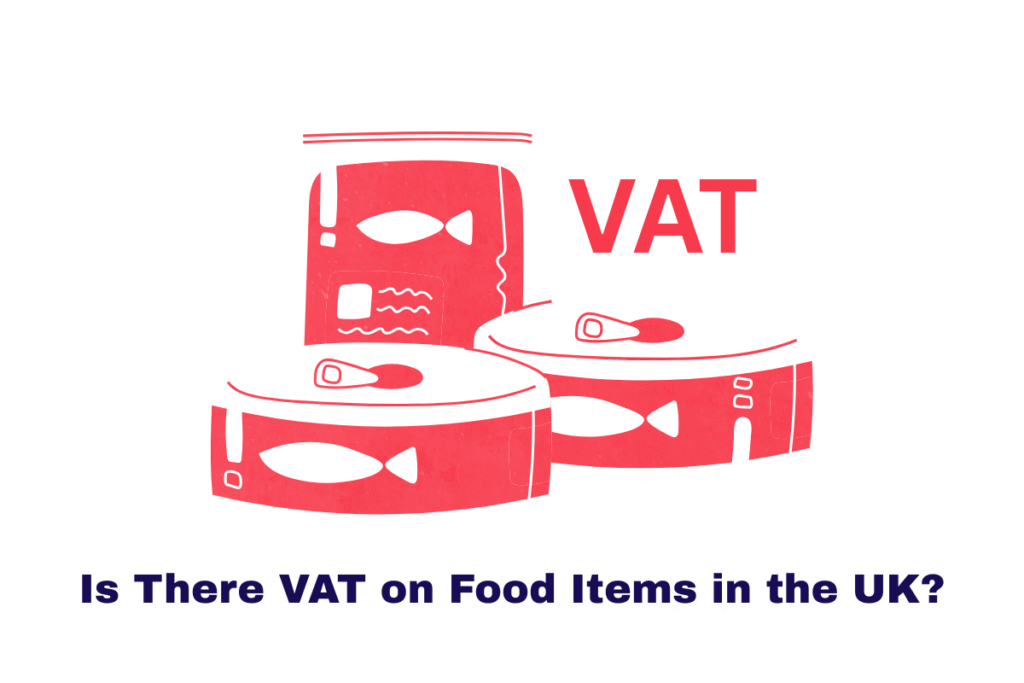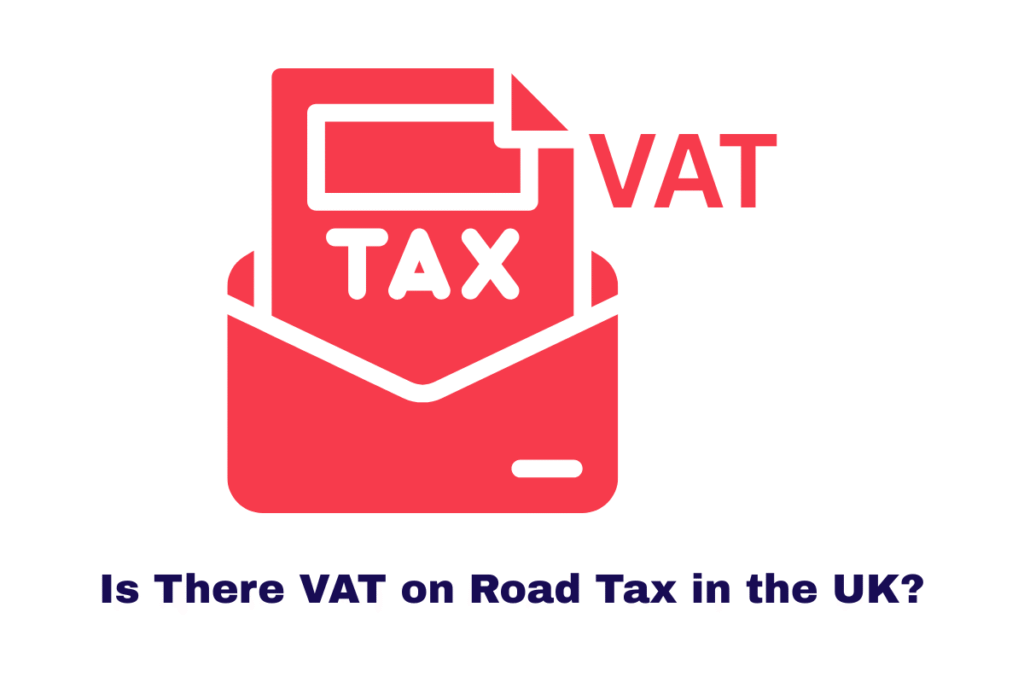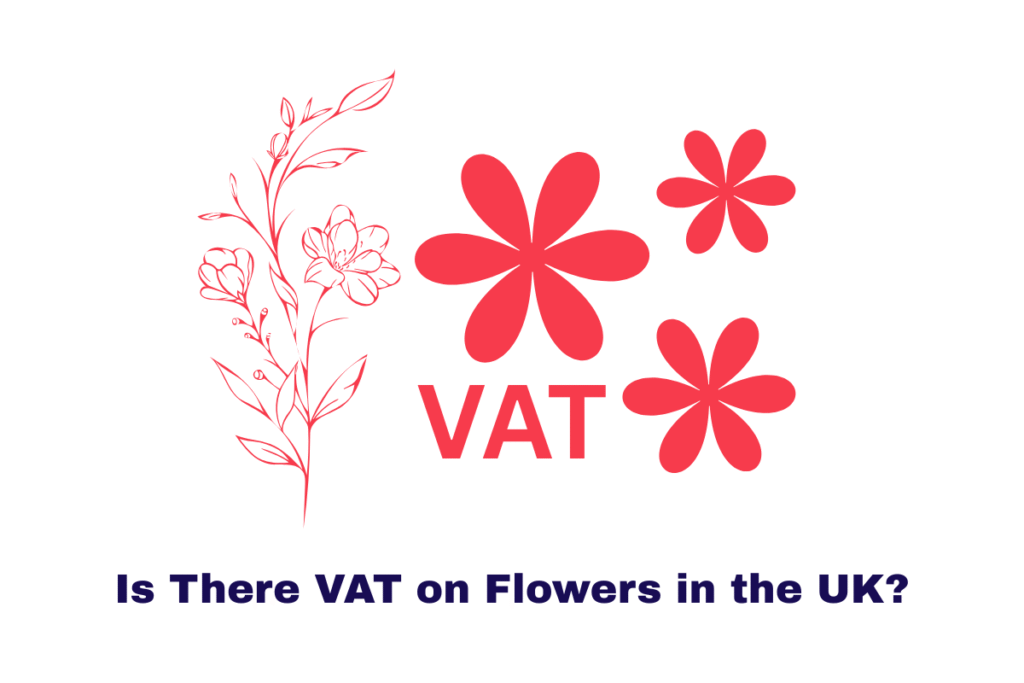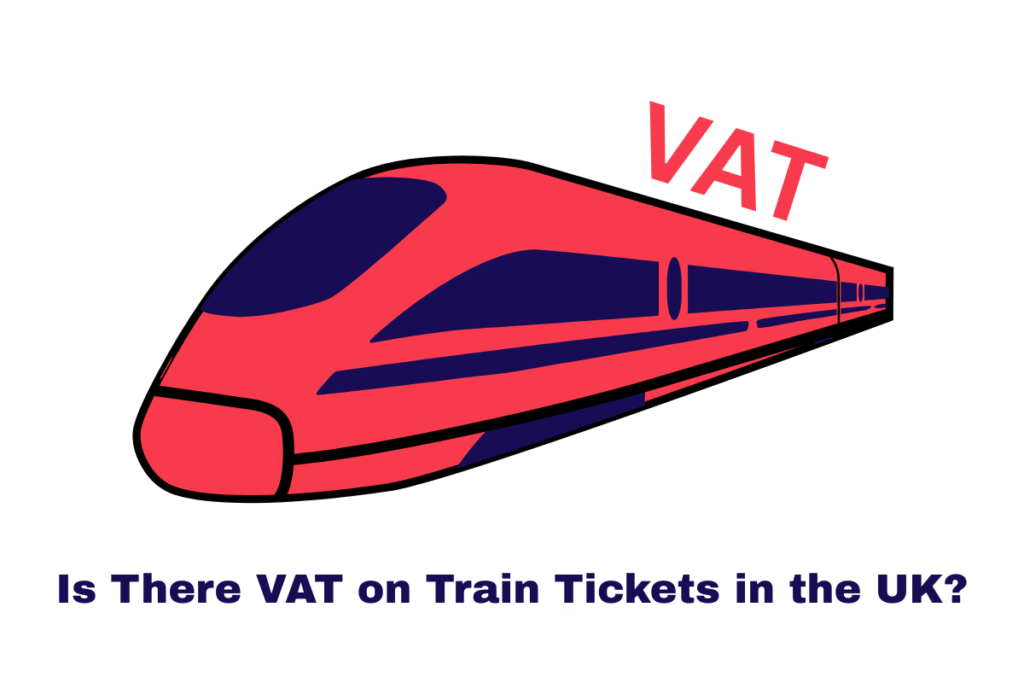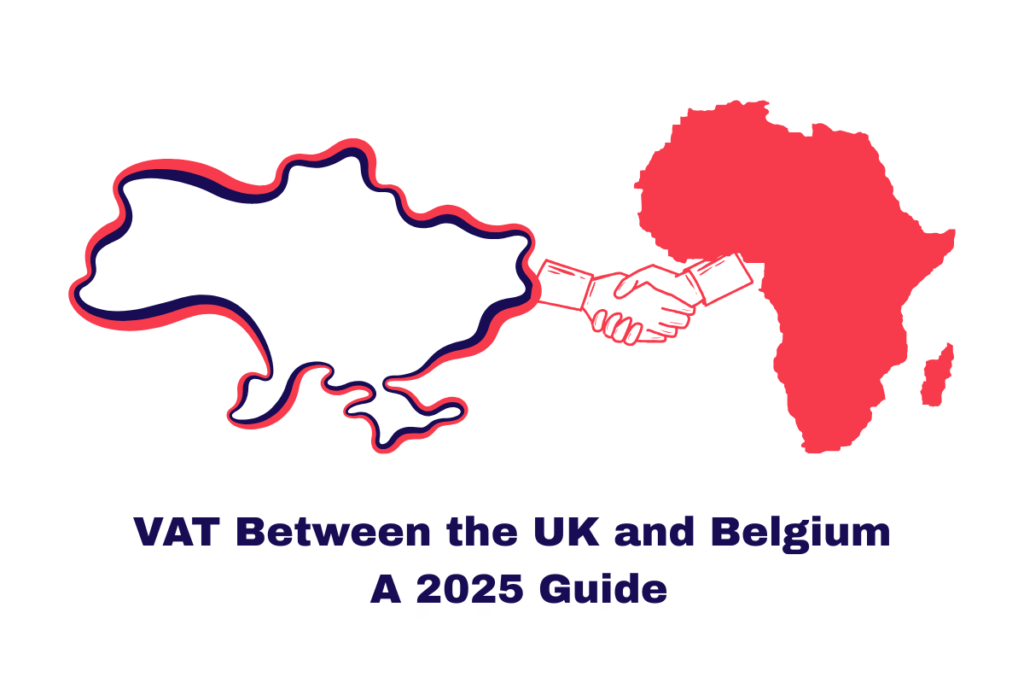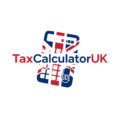VAT on commercial property in the UK governs the tax liability for transactions involving offices, retail units, warehouses, and industrial buildings.
Businesses, landlords, developers, and investors face VAT rates of 20% Standard, 5% Reduced, 0% Zero-Rated, or Exempt depending on the property type and transaction.
Incorrect VAT treatment can trigger significant costs, including unrecoverable input tax or additional Stamp Duty Land Tax (SDLT) charges.
This guide provides expert insight into HM Revenue & Customs (HMRC) regulations, covering default VAT liability, Transfer of a Going Concern (TOGC) relief, and long-term Capital Goods Scheme (CGS) recovery.
Real-world scenarios illustrate when opting to tax commercial property is beneficial, how to manage partial exemptions, and how to optimise VAT recovery for mixed-use properties.
By following these rules, property professionals can mitigate financial risks and ensure compliance while maximising profitability.
Exemption and the Irrevocable Choice to Charge VAT on Commercial Property
When attempting to determine the vat on commercial property, the starting point is surprisingly benign: the grant of an interest in land or buildings is generally exempt from VAT.
This includes the sale of a freehold (if not new), the grant of a lease, or the letting of premises.
Do you pay VAT on commercial properties? The Exemption Default
The answer to the most common question, Do you pay VAT on commercial properties?, is usually no, by default, if the property is ‘old’ (over three years old) and the owner has taken no further action.
The key financial implication of this exemption is that the supplier (vendor or landlord) cannot reclaim any Input VAT incurred on costs related to that property.
If you spend £100,000 plus £20,000 VAT on refurbishment and then rent the property out without charging VAT, that £20,000 becomes an irrecoverable cost, severely impacting the project’s profitability.
This inability to recover Input VAT is the primary driver for the most critical decision in commercial property: exercising the Option to Tax (OTT).
The Option to Tax (OTT) in detail
The Option to Tax is an election by a business to voluntarily waive the VAT exemption on its property interests, thereby agreeing to charge standard-rate vat on commercial property transactions (sales or rents).
Why Opt to Tax?
The singular, overriding reason to opt to tax is to enable the recovery of Input VAT. By choosing to charge vat on commercial property supplies, the business is now making a taxable supply, which permits the recovery of VAT incurred on purchase, construction, refurbishment, and running costs.
The Procedure and HMRC Compliance (VAT Notice 742A)
The Option to Tax is a formal process that requires careful administration and should not be taken lightly:
-
Decision and Notification: The business must decide to opt to tax the specific land or building and notify HMRC in writing (using form VAT1614A or similar) within 30 days of the decision. Crucially, the decision should ideally be made before any exempt supplies are made, or complex ‘past supply’ rules may necessitate retrospective consent from HMRC.
-
Irrevocability: Once the option takes effect, it is largely irrevocable for 20 years. There is a short ‘cooling-off’ period of six months where revocation may be possible, provided no standard-rated supplies have been made.
-
Scope: The option applies to the whole building and any land attached to it. If you opt to tax one commercial building on a site, all subsequent interests you grant in that property (sales, leases) will be subject to standard-rate vat on commercial property.
-
Disadvantage: While recovering Input VAT is attractive, charging 20% vat on commercial property can deter certain purchasers or tenants, specifically those who are not VAT registered or who make exempt supplies (e.g., banks, insurance companies, charities, non-profit organisations, or residential landlords). For these parties, the VAT charged becomes an irrecoverable cost.
For official guidance on procedure and scope, refer to the HMRC manual: Opting to tax land and buildings (VAT Notice 742A).
Critical Consideration: When the Option to Tax is Disapplied
Even where a valid Option to Tax is in place, the election is overridden, or ‘disapplied,’ in specific circumstances. The most common examples are:
-
The supply of a building or part of a building intended for use as a dwelling (e.g., a commercial office converted to flats).
-
A sale to a relevant housing association.
-
A sale to certain charities for use solely in their non-business activities.
In these specific scenarios, the supply of the vat on commercial property reverts to being exempt, irrespective of the Option to Tax. This is a crucial detail, particularly for developers engaging in mixed-use or conversion projects.
What Are Service Charges in Commercial Property?
Service charges are costs payable by tenants for the maintenance and management of a commercial building. These are usually detailed in the lease agreement and are often separate from the basic rent. Common examples include:
- Repairs and maintenance of communal areas
- Building management and administration
- Concierge or security services
- Insurance premiums
- Cleaning and landscaping of shared spaces
These charges help ensure the smooth functioning and upkeep of the property and are paid either as part of an all-inclusive rent or as additional charges.
Can I reclaim VAT on commercial property purchase HMRC?
The answer to the key question, Can I reclaim VAT on commercial property purchase HMRC?, is fundamentally dependent on the seller’s VAT position and the buyer’s intended use.
The Role of the Capital Goods Scheme (CGS)
If you purchase a commercial property where the seller has opted to tax, or if you purchase a new commercial property (which is automatically standard-rated), you will pay 20% VAT on the transaction price.
If you are VAT registered and intend to use the property wholly for making taxable supplies (e.g., you are a retailer or manufacturer making standard-rated sales), you can initially recover the VAT in full.
However, commercial properties are high-value, long-term assets, and their use can change over time. The Capital Goods Scheme (CGS) is an essential VAT mechanism designed to ensure that the initial input tax recovered accurately reflects the asset’s taxable use over a fixed adjustment period.
CGS for Land and Buildings
-
Threshold: The CGS applies to expenditure on land, buildings, or civil engineering works where the VAT-exclusive cost is £250,000 or more. This includes acquisitions, construction, refurbishments, and extensions.
-
Adjustment Period: The adjustment period for land and buildings is 10 years (or 10 intervals).
-
Operation: The scheme effectively monitors the asset’s use for each of the 10 years following the year of first use. Each year, 1/10th of the initial input VAT is subject to review. If the proportion of taxable use changes significantly (by more than 10 percentage points compared to the initial use), an adjustment must be made.
Example: A company buys a property for £1m + £200k VAT, recovers £200k based on 100% taxable use. In year 3, they let out 40% of the building to a bank (exempt supply). Their taxable use drops to 60%. They must repay (40% of 1/10th of the original VAT) for that year.
Failing to apply the CGS when monitoring the vat on commercial property can lead to significant penalties from HMRC.
For any business asking, Can I reclaim VAT on commercial property purchase HMRC?, the technical reality is that the initial recovery is provisional and subject to this decade-long CGS commitment.
-
For in-depth detail on the mechanics of monitoring and adjustment, see: Capital Goods Scheme (VAT Notice 706/2).
Read Our more Detailed Guides on VAT:
Is There VAT on Flowers in the UK?
How to Find VAT Number of a Business?
Is VAT Chargeable on Alcohol in the UK?
Is There VAT on Car Parking in the UK?
Transaction Relief on Transfer of a Going Concern (TOGC)
A critical consideration in commercial property sales is the cash flow burden of the 20% VAT charge.
Even if a buyer can ultimately reclaim the VAT, they must fund the amount (often millions) for several weeks or months before the repayment is received from HMRC.
Furthermore, SDLT is charged on the VAT-inclusive price, creating an immediate, permanent, and potentially massive extra cost if the VAT is charged incorrectly.
Compulsory Standard Rating: New Commercial Property
Before addressing relief, we must clarify the “new” rule. The sale of a new commercial property, which includes buildings completed less than three years ago, or buildings where the freehold interest is granted within three years of completion, is compulsorily standard-rated at 20% VAT.
This leads to the question: How to avoid VAT on new build commercial property?
The Transfer of a Going Concern (TOGC) Solution
The solution to avoiding standard-rate VAT on a new property sale, or on an opted property sale, lies in qualifying the transaction as a Transfer of a Going Concern (TOGC).
Where the transaction meets the strict TOGC conditions, the transfer is treated as being outside the scope of VAT, meaning no VAT is chargeable by the seller.
This mechanism is crucial for property investment companies selling a property rental business.
Key TOGC Conditions for Commercial Property
To treat the sale of vat on commercial property as a TOGC, four essential conditions must be met:
-
Transfer of a Business: The assets being sold must constitute a genuine business (or part of one). In the case of commercial property, this is usually a property letting business (i.e., the property is sold with existing tenants and leases in place, or with an agreement to grant a lease upon completion).
-
Same Kind of Business: The buyer must intend to use the assets to carry on the same kind of business as the seller (i.e., a property letting business).
-
VAT Status Mirroring: If the sale would otherwise be a standard-rated supply (e.g., because the seller opted to tax, or the building is new), the buyer must match the seller’s VAT position. This is the most crucial step:
-
The buyer must be VAT registered (or become so as a result of the transfer).
-
The buyer must exercise the Option to Tax the property before the date of sale/completion.
-
The buyer must notify the seller of their Option to Tax decision before the date of sale.
-
-
No Significant Break in Activity: There must not be a significant break in the normal trading pattern (the letting business must continue seamlessly).
If these conditions are not met, the transaction instantly fails the TOGC test, and the seller is legally obliged to charge 20% vat on commercial property.
This is why the paperwork and timing of the buyer’s Option to Tax are non-negotiable and must be handled with precision by a competent advisor.
-
For detailed guidance on meeting the conditions, consult: Transfer a business as a going concern (VAT Notice 700/9). This is the definitive HMRC instruction on How to avoid VAT on new build commercial property? when sold as a letting business.
Is commercial to residential 5% VAT?
The answer to Is commercial to residential 5% VAT? is yes, but only on the building services (labour and materials provided by a VAT-registered contractor) and subject to stringent qualifying rules, offering a massive cost saving for developers.
Reduced Rate (5%) for Conversions
The government introduced the reduced rate of 5% VAT to encourage the conversion of disused commercial and non-residential buildings into residential dwellings, helping to meet housing supply needs.
This 5% rate applies to construction services (and materials supplied therewith) in the following scenarios:
-
Conversion of a Non-Residential Building into a Dwelling: This is the most common use, covering conversions of offices, barns, shops, or warehouses into houses or flats. The building must not have been used for a relevant residential purpose for at least 10 years before the work starts.
-
Conversion Resulting in a Change in the Number of Dwellings: For instance, splitting one large house into several flats, or combining multiple small flats into one dwelling.
-
Renovation of Residential Property Empty for Two Years: Works on a dwelling that has been vacant for 2 or more years also qualify for the 5% rate.
Crucially, the 5% rate applies only to the physical building work. Associated professional services, such as those provided by architects, surveyors, and other consultants, remain subject to the standard 20% VAT rate.
If you are a developer undertaking a project where the vat on commercial property is being addressed via a change of use, understanding this reduced rate is key to maximising profit and addressing the query: Is commercial to residential 5% VAT?
-
Specific information on the 5% rate and zero-rating for new builds is found here: Buildings and construction (VAT Notice 708).
Zero-Rating (0%) vs. Reduced-Rating (5%)
It is important to differentiate the 5% rate from Zero-Rating (0%). Zero-rating applies to the construction of brand-new residential dwellings (houses or flats) from greenfield or brownfield sites, provided specific conditions are met (e.g., they are genuinely intended to be used as dwellings).
The difference between 0%, 5%, and 20% on a major development can represent the difference between success and failure for the financial viability of a new build commercial property conversion or a residential development.
Partial Exemption and the De Minimis Limits
For businesses involved in both property letting and other financial or commercial activities, the intricacies of vat on commercial property extend into the complex area of Partial Exemption.
This is a high-level compliance area often overlooked by non-specialist advisors.
A business is partially exempt if it makes both taxable supplies (e.g., standard-rated sales, or opted-to-tax commercial rents) and exempt supplies (e.g., non-opted commercial rents, insurance, or certain financial services).
The issue arises because Input VAT related to exempt supplies is generally irrecoverable. When a business incurs overheads (like utility bills, administrative costs, or even costs related to the initial purchase of the vat on commercial property under the CGS), that VAT must be apportioned between taxable and exempt activities.
The De Minimis Threshold
A partially exempt business can ignore the general input tax restriction and fully recover all residual VAT if its exempt input tax is below the de minimis limits set by HMRC. These limits are:
-
Total input tax attributable to exempt supplies must be less than £625 per month on average.
-
Total input tax attributable to exempt supplies must be less than 50% of the total input tax incurred.
Property developers and landlords must carefully monitor these limits. If a business falls out of the de minimis rule, a full partial exemption calculation is required, which often results in a significant proportion of VAT incurred on general overheads becoming irrecoverable.
This is another layer of complexity that must be mastered to ensure that the recovery of vat on commercial property costs is maximised.
What If You’re Subletting?
Tenants who sublet part of a commercial property may themselves need to consider VAT implications. If the tenant has not opted to tax but their landlord has, they may be unable to reclaim VAT on service charges.
Businesses that are VAT-registered and make taxable supplies should consider opting to tax themselves.
The Bottom Line
The regulation of VAT on commercial property in the UK is profoundly nuanced. The default exemption, the voluntary but largely irrevocable Option to Tax, the mandatory Transfer of a Going Concern (TOGC) relief, and the decade-long scrutiny of the Capital Goods Scheme (CGS) all interlink to create a dynamic tax landscape.
For instance, a property investor must first decide Do you pay VAT on commercial properties? If they opt to tax to ensure they Can I reclaim VAT on commercial property purchase HMRC?, they then need to ensure that any future sale is structured correctly as a TOGC, a critical part of How to avoid VAT on new build commercial property? (or opted property).
Failure at any of these stages can result in catastrophic financial outcomes, including multi-million-pound liabilities. Furthermore, developers exploiting the discounted rate must confirm that the project Is commercial to residential 5% VAT? before construction commences.
The critical lesson here is that effective management of vat on commercial property must be proactive. The time to seek specialist advice is not at the point of signing a contract but at the stage of planning a purchase, development, or refurbishment.
The content provided on TaxCalculatorsUK, including our blog and articles, is for general informational purposes only and does not constitute financial, accounting, or legal advice.
You can also visit HMRC’s official website for more in-depth information about the topic.
